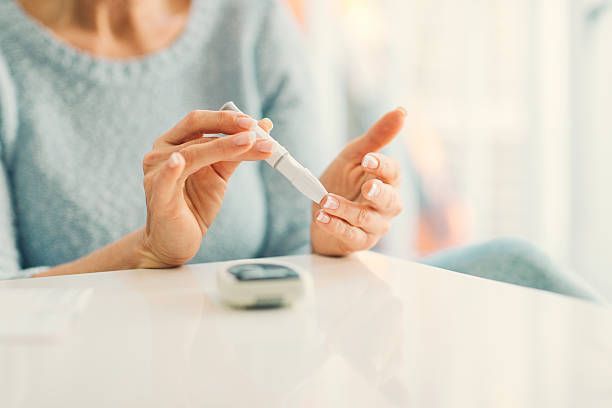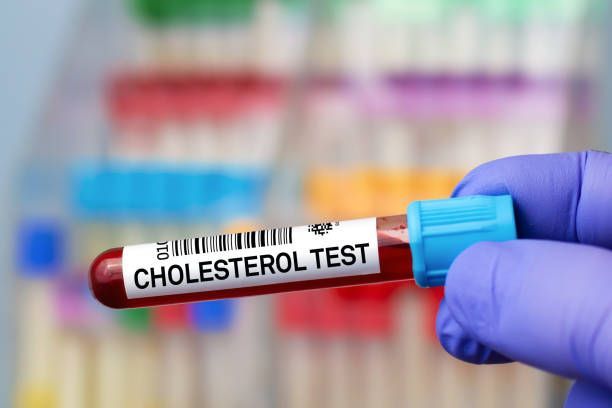A Guide to GERD
One of the most common reasons for visiting the urgent care center is a stomach ache. However, what happens when your stomach ache is more than just a cramping pain? This could indicate something more chronic, like GERD.
Gastroesophageal Reflux Disease, or GERD, is a long-term digestive condition that affects millions of people worldwide. Characterized by frequent acid reflux, GERD can cause uncomfortable symptoms including heartburn, chest pain, and regurgitation, impacting daily life and overall well-being. From the occasional acid reflux to a full-on GERD flare-up, take advantage of urgent care services available to you to help manage your symptoms.
What is GERD?
GERD is a chronic digestive condition where the stomach acid flows back up into the esophagus, the tube connecting your mouth and stomach. This backwash, or reflux, irritates the esophageal lining, leading to symptoms such as heartburn, vomiting, and discomfort.
The condition arises from a malfunctioning lower esophageal sphincter, which fails to close properly, allowing acid to escape from the stomach. Unlike occasional acid reflux, GERD is persistent and can cause more severe complications, like esophageal cancer, if left untreated. Understanding GERD's mechanisms is key to managing the symptoms and preventing long-term damage to the esophagus.
GERD Symptoms
GERD symptoms vary in severity and can significantly impact daily life. The most common symptom is persistent heartburn, a burning feeling in the chest after eating and might worsen at night. Regurgitation, where stomach acid or food flows back into the mouth, is also frequent. Other symptoms include chest pain, difficulty swallowing, and the sensation of a lump in the throat.
Less common symptoms can include chronic cough, laryngitis, asthma, and bad breath. Recognizing these symptoms can help an urgent care team diagnose GERD early and offer management strategies to improve your quality of life.
Causes of GERD
GERD occurs due to multiple physiological and lifestyle factors that contribute to the malfunctioning of the lower esophageal sphincter (LES). When the LES weakens or relaxes inappropriately, stomach acid escapes into the tube connecting your stomach and mouth. Harsh acid in this tube can bring on the symptoms of burning upper stomach and throat pain.
Some of the reasons that could cause this sphincter to malfunction include:
Lifestyle Factors
Certain lifestyle choices significantly increase the risk of GERD. Diet plays a crucial role, with spicy foods, fatty foods, caffeine, and alcohol known to trigger reflux. Obesity exerts additional pressure on the abdomen, exacerbating acid reflux. Smoking also weakens the LES, further contributing to GERD.
Other Contributing Factors
A hiatal hernia, where part of the stomach pushes through the diaphragm, can compromise LES function and lead to GERD. GERD is also common during pregnancy since pregnancy increases abdominal pressure and perpetuates hormonal changes that can loosen the esophageal sphincter.
Medications, both over-the-counter and prescribed, such as antihistamines, calcium channel blockers, and painkillers, can also relax the LES and promote acid reflux. Talk to your healthcare provider about the medications you're taking to see if acid reflux is an expected side effect.
What Are The Types of Diagnostic Tests for GERD?
The first step in diagnosing GERD is clinical evaluation. This includes an in-depth history that looks for risk factors, such as certain medications and lifestyle factors, that can contribute to chronic acid reflux. Although this is helpful for preliminary diagnosis, some providers will go a step further and conduct definitive testing. These may include:
Endoscopy
This exam involves inserting a flexible tube with a camera down the throat. This helps providers examine the esophagus and stomach for inflammation, ulcers, or other abnormalities that are common with GERD.
pH Monitoring
This test measures the acidity in the esophagus over 24-48 hours, helping to correlate acid levels with symptoms. It involves placing a thin tube through the nose into the esophagus or using a wireless device.
Manometry
Manometry evaluates the function of the lower esophageal sphincter and esophageal muscles by measuring pressure waves during swallowing. Low pressure at the lower esophageal sphincter could indicate GERD.
Barium Swallow
In this X-ray test, patients drink a barium solution that helps visualize the esophagus and stomach, highlighting any abnormalities or reflux.
How to Treat Symptoms of GERD?
Managing GERD involves a combination of lifestyle changes, medications, and sometimes surgical interventions to alleviate symptoms and prevent complications. The common approaches to treating GERD symptoms include:
Lifestyle Changes
Making specific lifestyle adjustments can significantly reduce GERD symptoms. Avoiding trigger foods such as spicy, fatty, and acidic foods, as well as caffeine and alcohol, is helpful. Eating smaller, more frequent meals instead of large ones also helps reduce pressure on the lower esophageal sphincter.
At night, elevating the head of the bed by six to eight inches can prevent nighttime reflux. Additionally, weight loss for overweight individuals and quitting smoking can help reduce symptoms.
Medications
Several medications can help control GERD symptoms:
- Antacids: Antacids offer quick relief by neutralizing stomach acid.
- H2 Receptor Blockers: Medications like ranitidine and famotidine reduce acid production.
- Proton Pump Inhibitors (PPIs): Drugs such as omeprazole and esomeprazole are more potent acid reducers and promote healing of the esophagus.
- Prokinetics: These help strengthen the LES and improve stomach emptying.
Surgical Management
For severe cases of GERD that do not respond to lifestyle changes or medications, surgeries like fundoplication may be required to reduce symptoms. This procedure involves wrapping the top of the stomach around the LES to strengthen it and prevent acid reflux. This surgery is not indicated for every patient with GERD, so it's important to talk to your healthcare provider about your specific condition.
Visit an Urgent Care Center for GERD
Understanding the science behind GERD is helpful in learning how to alleviate symptoms and prevent future complications. Through lifestyle changes, medications, and sometimes surgical interventions, you can effectively control GERD and improve your quality of life. Regular consultations with healthcare providers ensure personalized treatment plans and ongoing management.
If you experience persistent heartburn or other GERD symptoms, seek local urgent care support promptly. At UrgiClinic Urgent Care, our team is dedicated to providing comprehensive care for GERD and other digestive conditions. Visit us today to start improving your digestive health.













